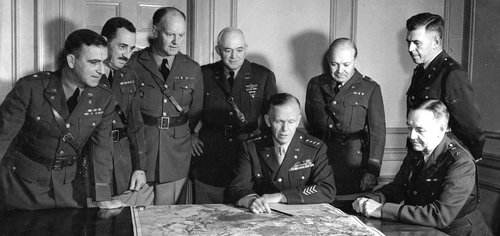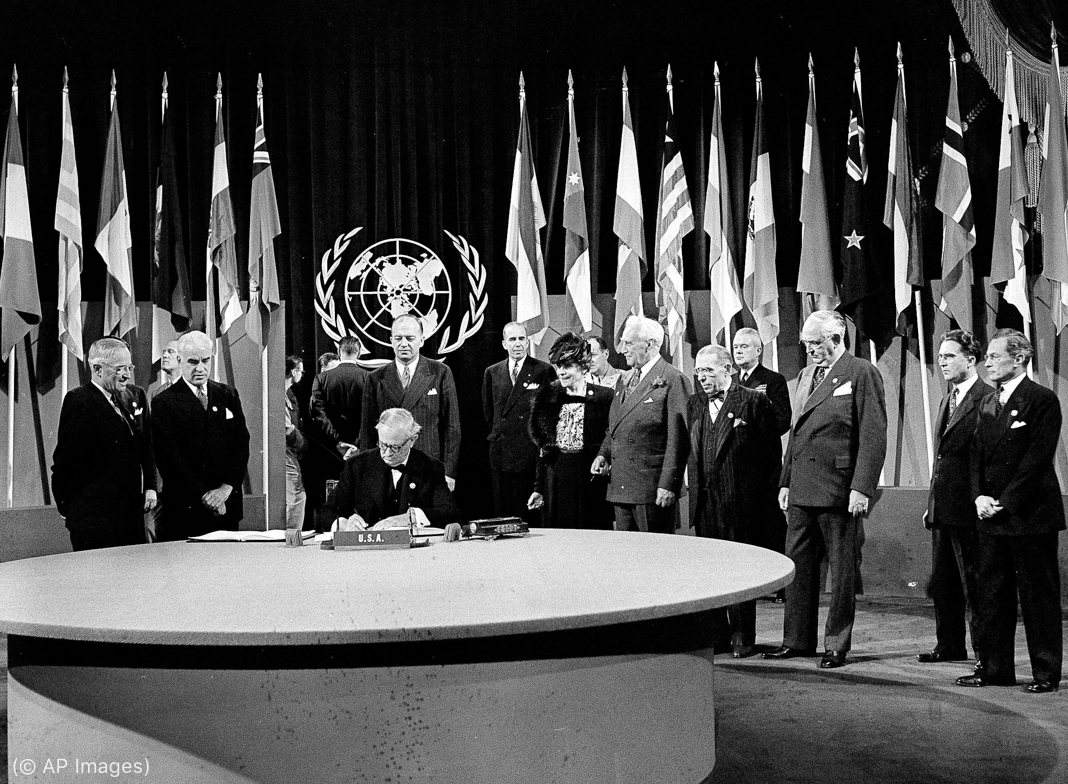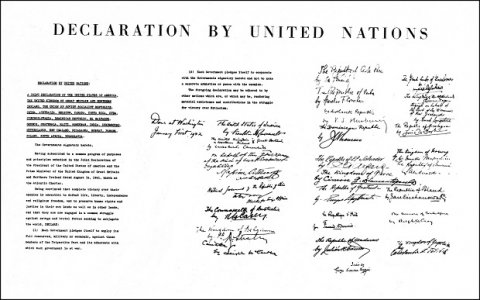
Why are civil-mil scholars upset about Austin Lloyd's nomination as the 28th Secretary of Defense?
Consider the nomination of the 3rd Secretary of Defense: George Marshall
[THREAD]
Consider the nomination of the 3rd Secretary of Defense: George Marshall
[THREAD]

In 1950, Truman wanted to fire the second SecDef, Louis Johnson, and install George Marshall as Secretary of Defense. 
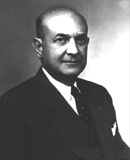
There was a problem: when the Department of Defense was created in 1947, section 202 of the 1947 National Security Act (which created the DoD, then called "The National Military Establishment") would not allow recently retired officers to serve as SecDef
global.oup.com/us/companion.w…
global.oup.com/us/companion.w…

Of course, by 1950 Marshall had already served as Secretary of State and had proposed the "Marshall Plan" for the recovery of Europe 
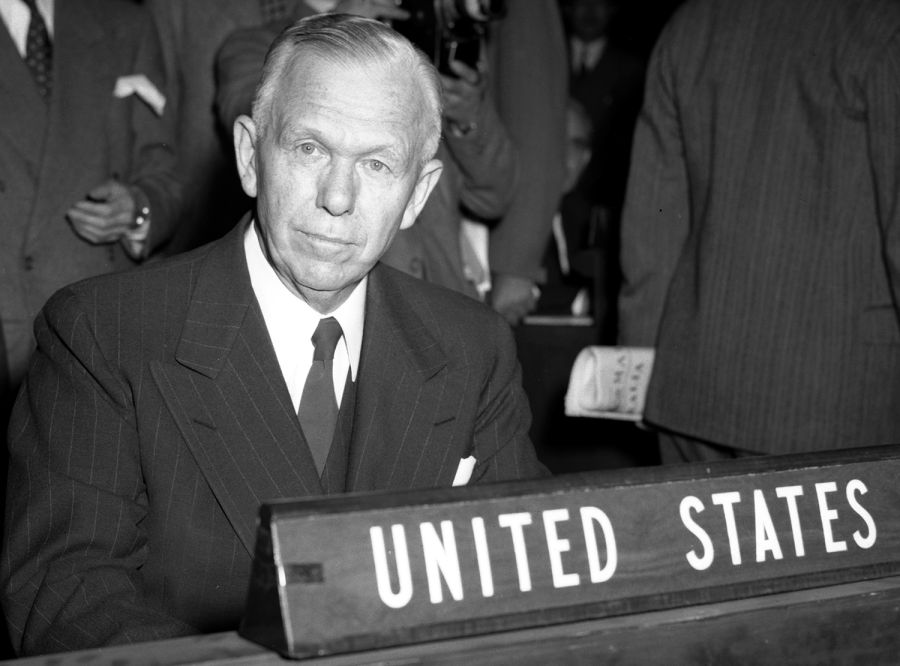
So Marshall was highly qualified and well respected.
But section 202 was perfectly clear that he couldn't be SecDef...unless the law was changed/suspended.
But section 202 was perfectly clear that he couldn't be SecDef...unless the law was changed/suspended.
Truman wanted the provision suspended: the Korean War was starting and Truman needed Marshall's "unusual qualifications" 
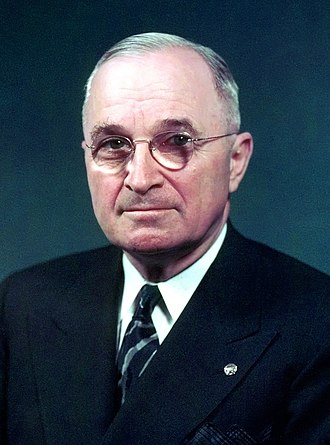
So Truman requested that the House Armed Services Committee & Senate Armed Services Committee put forward legislation to suspend the waiting period.
See, for example, H.R. 9646
loc.gov/law/help/statu…
See, for example, H.R. 9646
loc.gov/law/help/statu…

But voting on and passing such legislation was not a given. Consider the remarks of California Senator William F. Knowland 
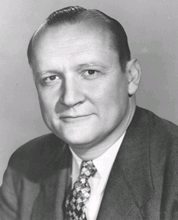
This echoed one of the original rationales for the waiting period: it could ensure that the SecDef was truly the "President's representative", not "the military's representative".
Keep in mind that the 1947 legislation was essentially establishing, for the first time in US history, the apparatus for a large standing army.
The US had a long history of being wary of creating and maintaining such an entity.
The US had a long history of being wary of creating and maintaining such an entity.
For example, see what Alexander Hamilton wrote in Federalist Paper no. 8
avalon.law.yale.edu/18th_century/f…
avalon.law.yale.edu/18th_century/f…

Indeed, during House floor debate over the legislation, some feared that the waiver constituted a "first step toward a military state".
But others, namely Representative Carl Vinson of Georgia, essentially said "what's the big deal?"
But others, namely Representative Carl Vinson of Georgia, essentially said "what's the big deal?"
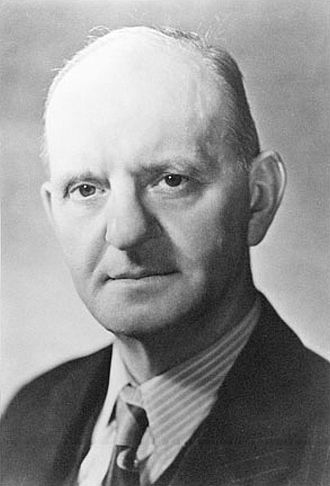
Specifically, Vinson pointed out that the President is a civilian, the National Security Council is comprised of civilians, etc. 

In the end, considerations such as Vinson's and the perception that the Korean War (coupled with Marshall's qualifications) won out: the waiver was passed and, subsequently, Marshall was approved as SecDef.
For more into the details of Marshall's appointment, see the appendix of this excellent @CRS4Congress report by @kjmcinnis1. Indeed, the whole report is an outstanding primer on civil-mil control and the position of SecDef
fas.org/sgp/crs/natsec…
fas.org/sgp/crs/natsec…

Overall, the debate over Austin will echo the debate over Mattis (in 2017) & Marshall (in 1950): concerns over elevating military officials into the highest ranks of government will be met with 🤷♂️.
But Biden, like Truman and Trump, will ultimately get who he wants.
[END]
But Biden, like Truman and Trump, will ultimately get who he wants.
[END]
• • •
Missing some Tweet in this thread? You can try to
force a refresh
